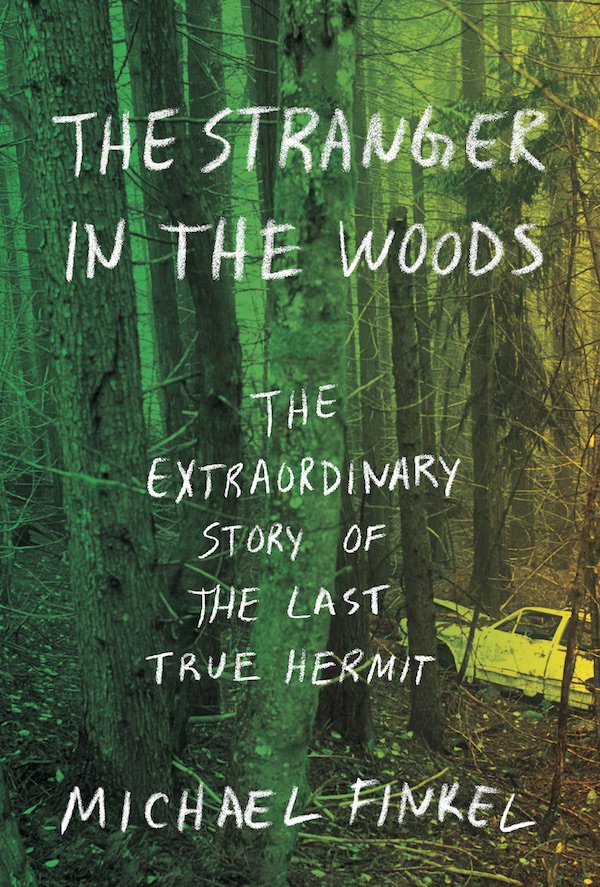
One of the natural questions is how did he survive? That is how he was arrested. Twenty seven years even through winter where he swears he did not light one fire because he didn't want to draw people to his site. Twenty seven years with only one human contact in that time by a hiker to whom he said- hello. That is exactly what Christopher Knight did in the 80s until his arrest 27 years later. I don't think there is an introvert who hasn't had the thought- "What if I lived in the woods away from everyone for a while." If you have had that thought, now imagine doing it for 27 years, in a tent, in Maine, and never lighting a fire. Makes me feel dirty about buying the book in the first place.

I don't know a more effective way to disrespect the man's wishes than to write a fucking book about him, just to sate your own curiosity and need for clout. The ending lines of the book basically state that the author belives that Knight would have been happiest if he got to live the rest of his life in the woods, isolated from everyone else, unknown to the wider world and with no words written about him. It feels almost insulting that he (relatively honestly) reports how Knight repeatedly told him to basically get fucked, and he still felt the need to butt into the man's business. While Finkel recounts their interactions through his own lense, it's still clear that he made Knight very uncomfortable while researching him for the book. The discomfort didn't stem from the topic of the book, but from the author and his decision to write the book in the first place.

Christopher Knight's experience is a very interesting one, but by the end of this book I felt more than a little uncomfortable.

Literal hermits are very interesting to me, considering how solitary I have a tendency to be in a much more modern and moderate setting.


 0 kommentar(er)
0 kommentar(er)
